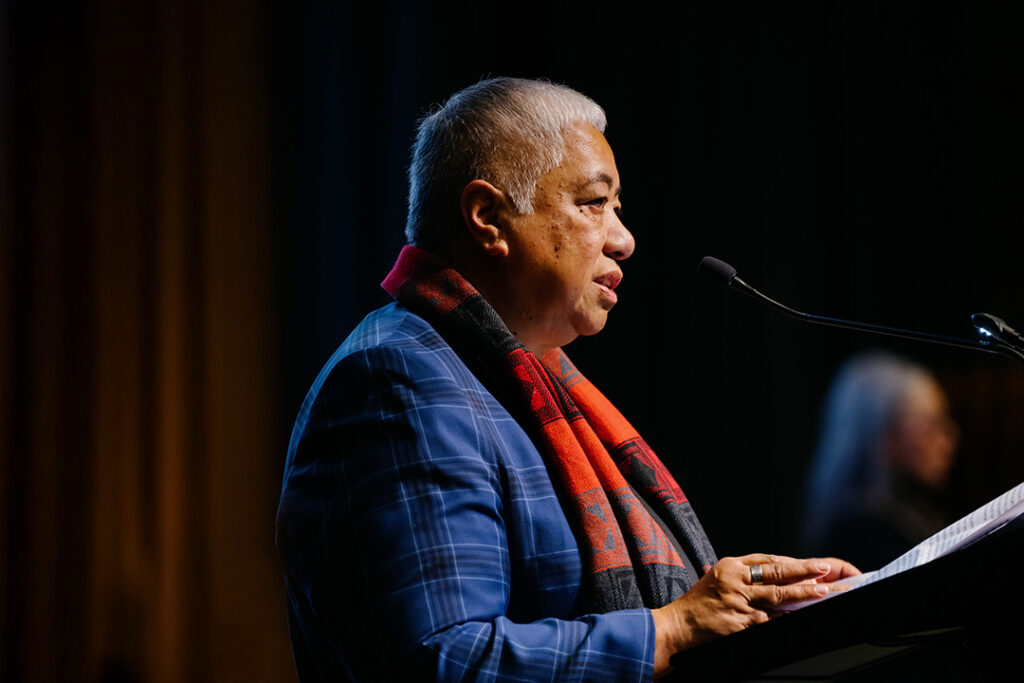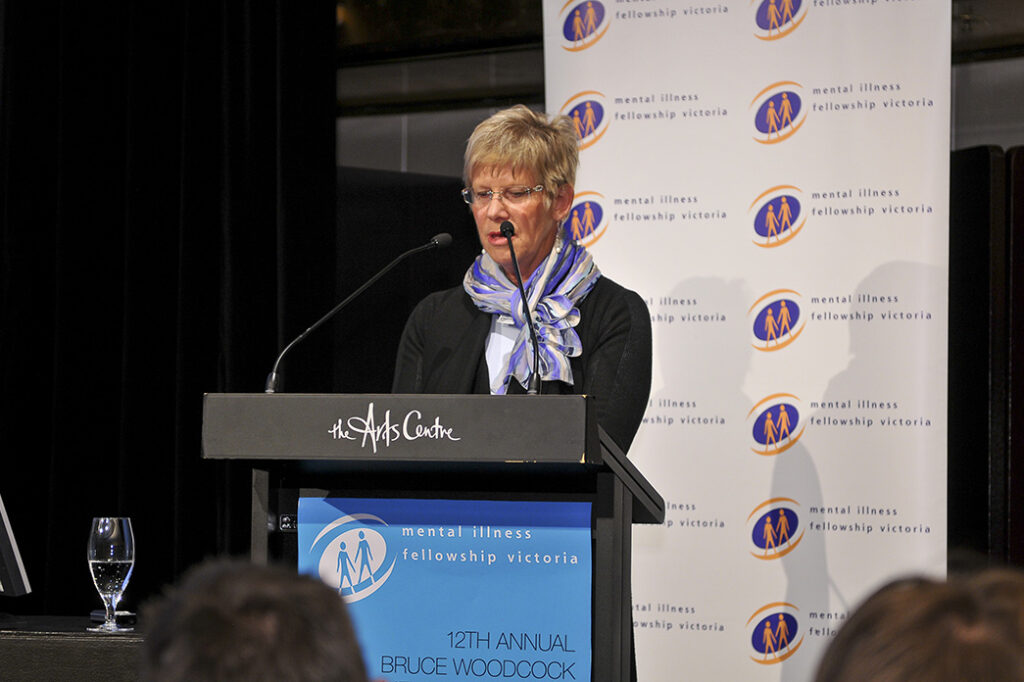Established in 1999 through the generous legacy of Frank Woodcock, the lecture honours his enduring vision to challenge stigma and inspire meaningful action. Join us as we continue this important tradition of insightful dialogue.
Who was Frank Woodcock?
Deeply moved by his experiences navigating his son Bruce’s mental health challenges and his tragic passing, Frank approached Wellways with a vision to dispel stigma, promote understanding, and create learning opportunities.
Frank’s personal journey, marked by his love for Bruce and the difficulties his family faced, fuelled his determination to bring meaning to his son’s life through this impactful initiative.
Following Frank’s passing in 2017, Wellways remains committed to carrying on the Woodcock legacy, ensuring his wish to raise awareness, foster support, and improve the lives of those affected by mental health challenges continues through this important annual lecture.
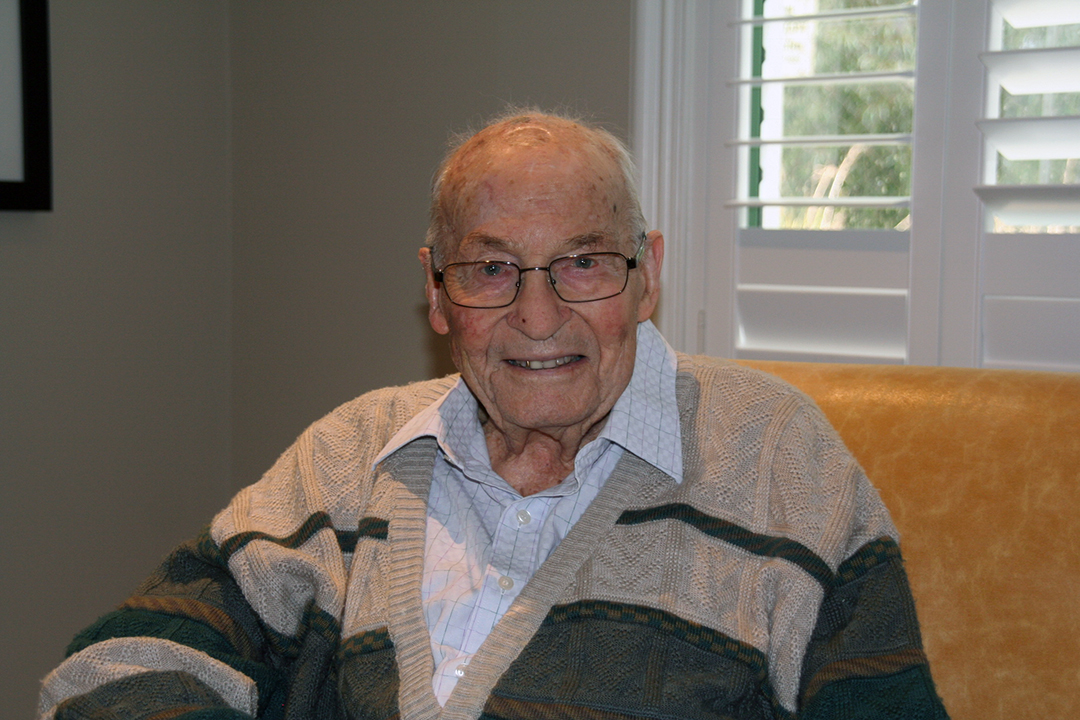
His legacy lives on: The late Frank Woodcock, taken in September 2017 not long before his passing.
Each year, Wellways hosts the Woodcock Lecture to facilitate vital discussions on how we can better support individuals, their families, and carers, keeping them connected and included within their communities.
A Journey Through Key Lecture Themes
Spanning over two decades, the Annual Woodcock Public lecture has taken many names, shapes and forms. Covering a range of themes which have evolved with the most pressing topics of the times.
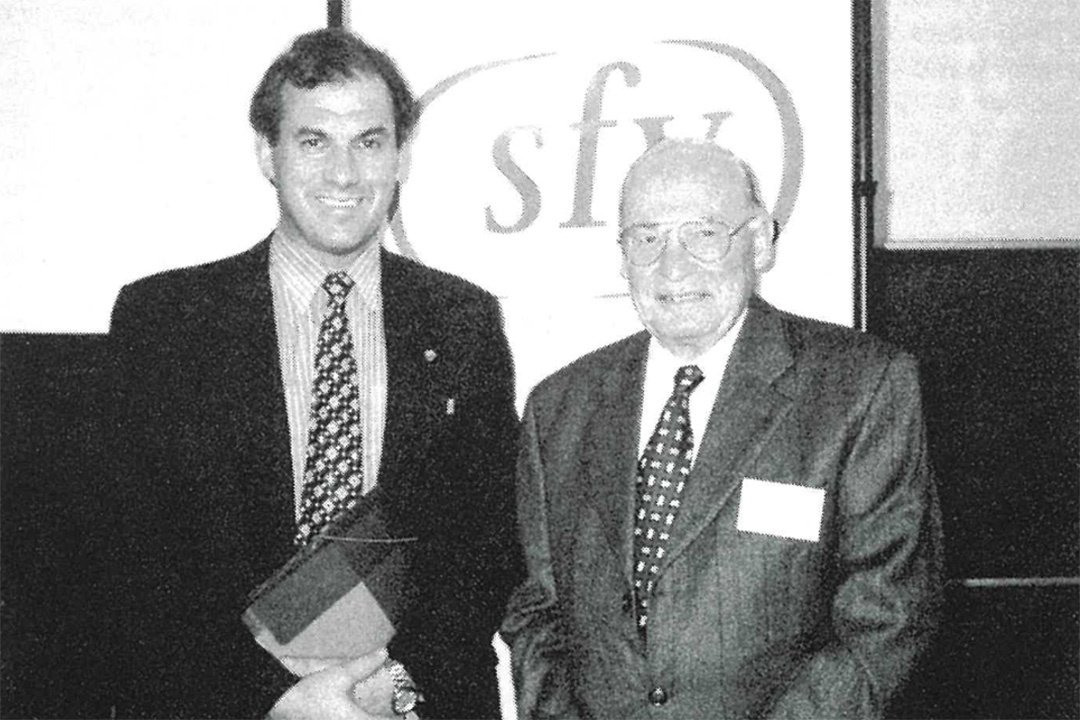
Early Focus (1999-2005): The importance of work
The Woodcock Lecture’s early years laid a crucial foundation (2002-2005), focusing on the significance of work for wellbeing and addressing the intertwined challenges of mental illness and stigma. The lecture also proactively emphasised understanding young people’s potential and further explored the critical role of employment, aligning with policy discussions.
1999
The Inaugural Bruce Woodcock Memorial Lecture
2000
Living with mental illness – Stigma hurts
2001
Family Education - Strategies for hope, tactics for life
2002
'Why work works' Caroline Crosse
2003
Mental illness issues and stigma, Prof Allan Fels
2004
Understanding potential building on young peoples potential, Xavier Amador (Columbia Uni)
2005
Work Matters, Prof Gary Bond
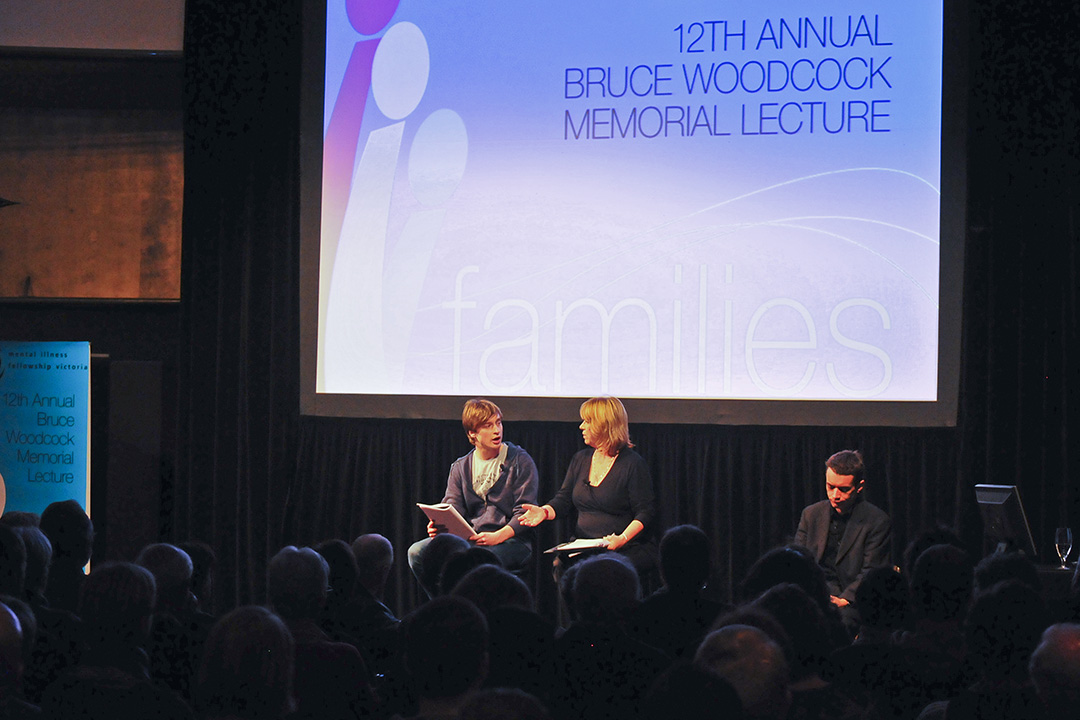
Building momentum (2006-2010): Pioneering Innovation
Building on this, the lecture then pioneered innovative approaches (2006-2010), exploring models like the Crisis Intervention Team, continuing the fight against stigma, championing the revolutionary Housing First approach, and investigating leading-edge social inclusion strategies. Recognising the importance of the broader support network, the whole-of-family approach in mental health care was also a key theme.
2006
The Crisis Intervention Team (CIT) model
2007
Combating the stigma of mental illness
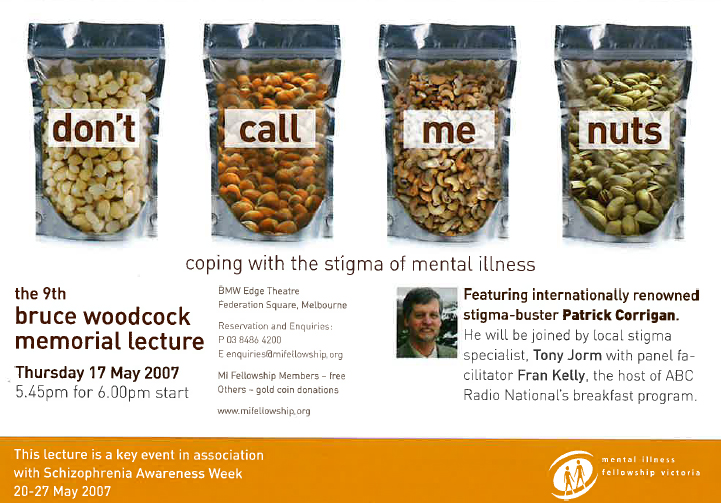
Don’t call me nuts: Advertisement for the 9th Annual Bruce Woodcock Memorial Lecture.
2008
The revolutionary Housing First approach
2009
Leading-edge social inclusion strategies
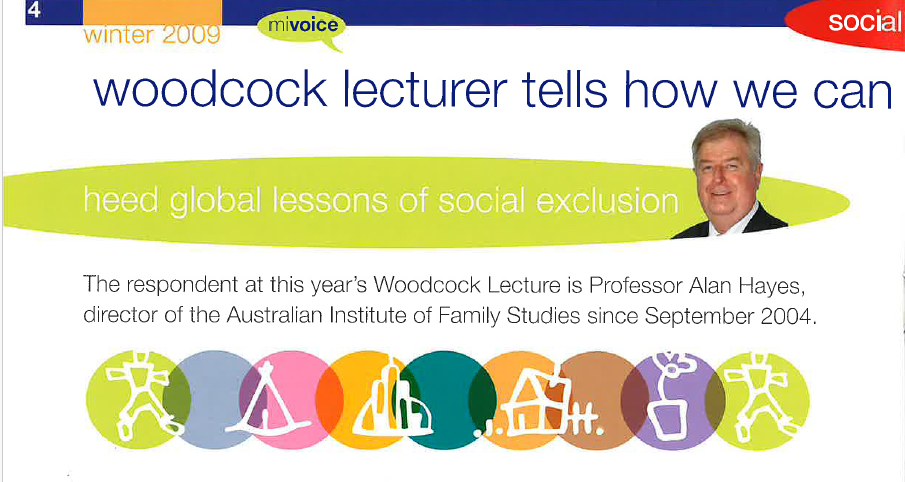
An excerpt from the winter 2009 MiVoice newsletter discussing the 11th Woodcock Lecture keynote speaker Prof. Alan Hayes.
2010
The importance of whole-of-family approaches in mental health care
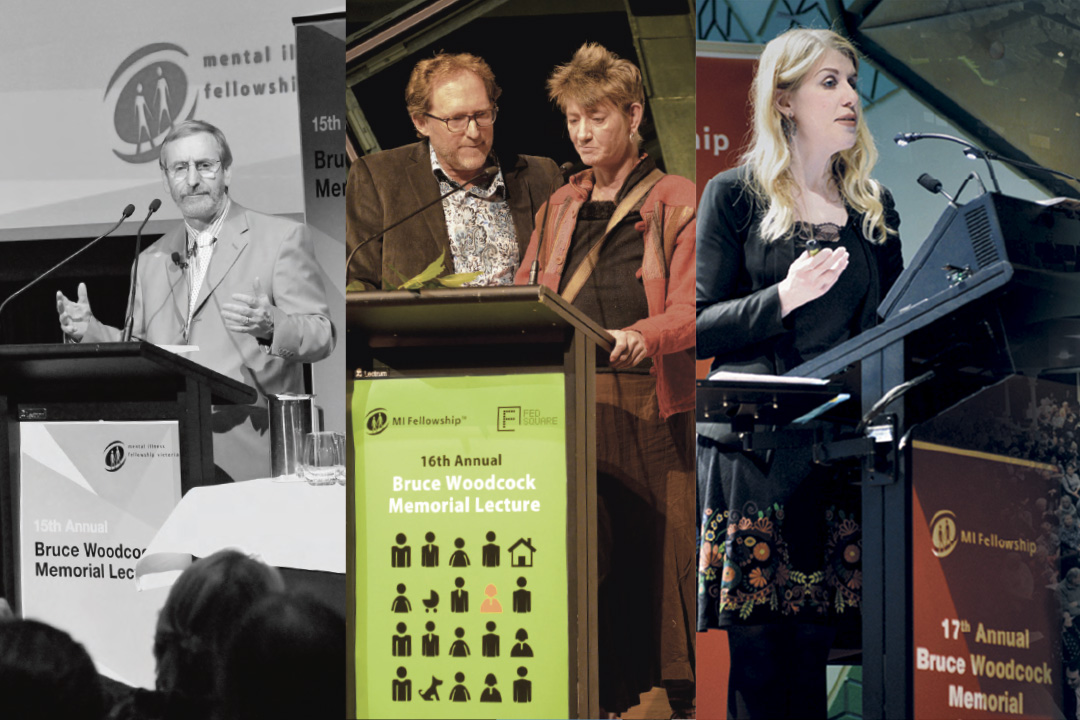
Expanding Scope & Engagement (2011-2017): Addressing Key Challenges
The subsequent period (2011-2017) broadened the scope to encompass a wider range of critical challenges. Discussions highlighted the crucial link between physical and mental health, revisited the Housing First model, and delved into aspirational themes of living well with mental illness. The lecture also tackled pressing social issues like loneliness and explored the complexities of mental illness recovery, alongside the vital role of community inclusion.
2011
The crucial link between physical health and mental wellbeing
2012
In it together: creating a home, building lives
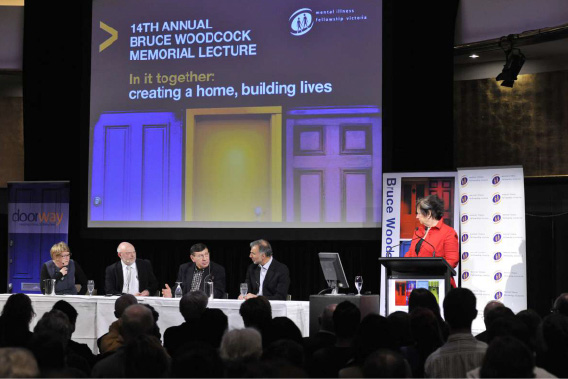
Panelists at the 14th Annual Woodcock Lecture
2013
Envisioning and creating a life well-lived with mental illness
2014
Tackling the profound impact of loneliness in mental health
2015
Exploring the possibilities and realities of mental illness recovery
2016
Emphasizing the critical role of community inclusion
2017
Sharing stories, changing lives
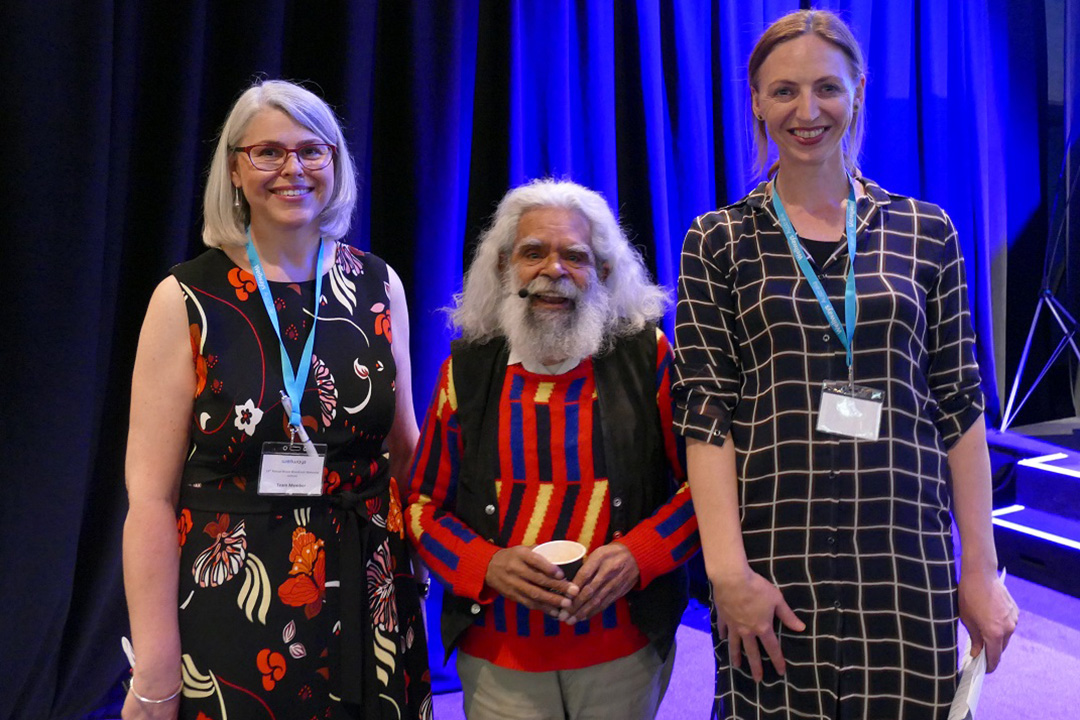
Indigenous Identity and activist Uncle Jack Charles (centre), was the Keynote Speaker at the 19th Annual Woodcock Lecture held in 2017.
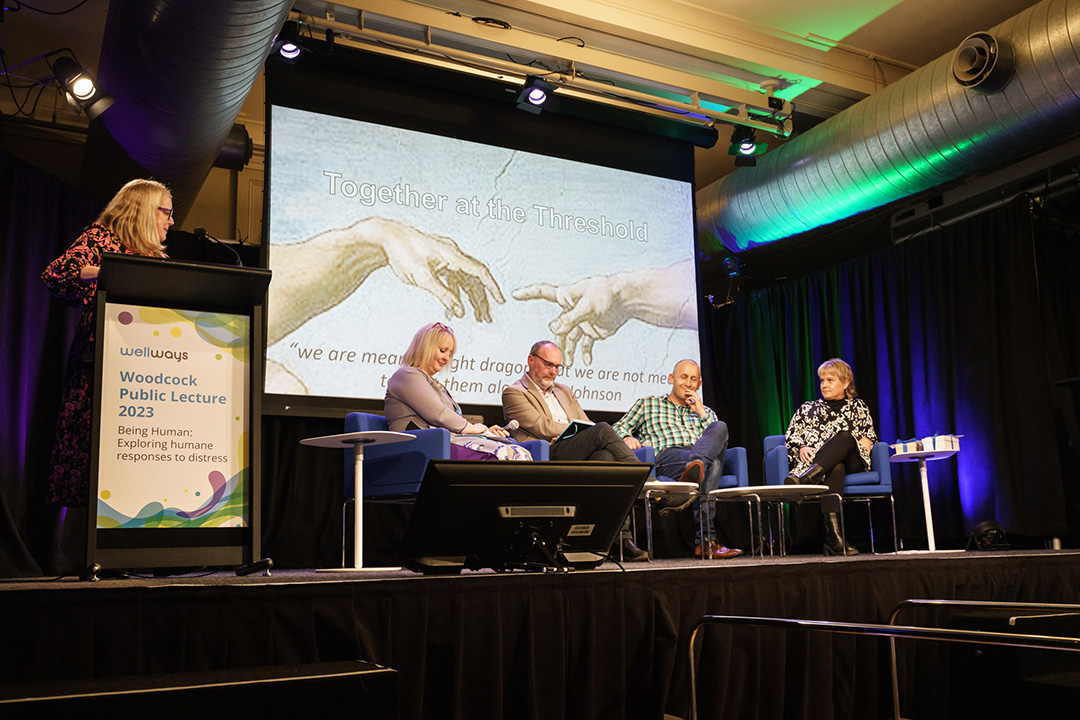
Empowering Change & Recent Leadership (2018-Present): Driving Progress
More recently (2018-Present), the lecture has empowered change by focusing on advocacy and the impact of lived experience in shaping policy (2018), addressed contemporary challenges like lived experience in governance (2022) and humane responses to distress (2023), highlighted the crucial connection between trauma and mental health (2024), and now in 2025, centers on the fundamental principles of dignity, humanity, and human rights within mental health systems.
2018
Empowering citizen advocacy to shape mental health policy, including the NDIS
2022
Grassroots to Governance: Elevating lived experience in leadership roles
2023
Being Human: Exploring humane and compassionate responses to distress
2024
Understand Trauma; Understand Mental Health: Recognizing the critical link
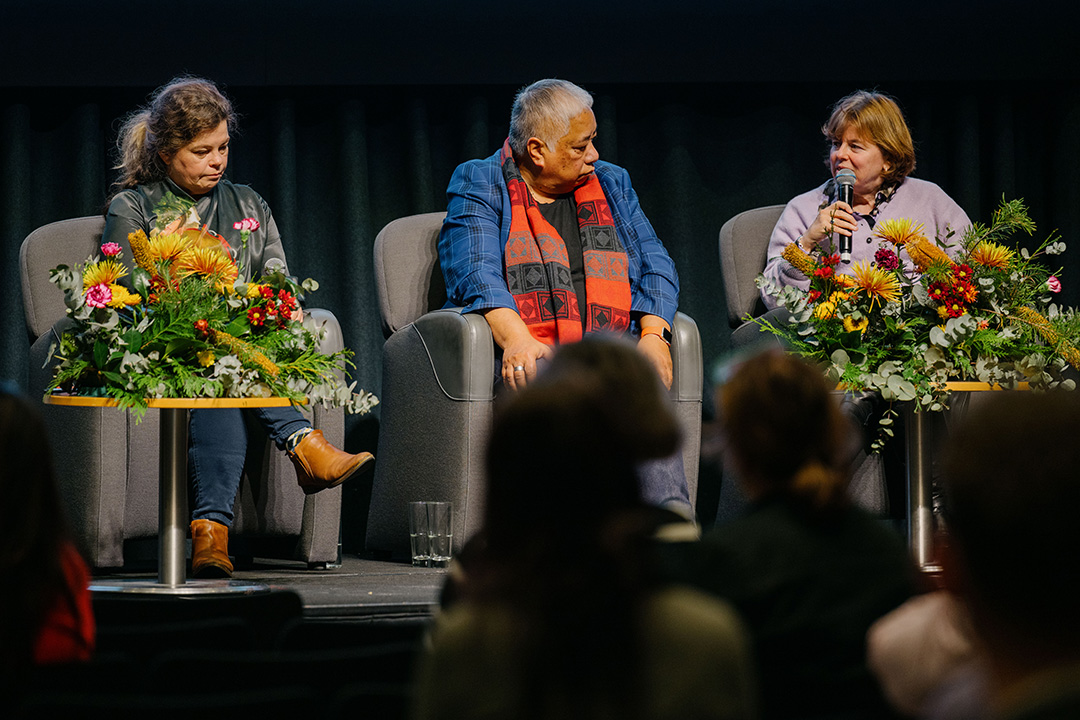
Panelists Kerry Hawkins, Maggie Toko and Jane Nursey at the 22nd Annual Woodcock Lecture.
2025
Dignity by Design: Humanity and Human Rights in the Mental Health System
The Woodcock Lecture’s enduring commitment to vital conversations, challenging assumptions, and inspiring change towards a more humane mental health system has resonated with thousands over the decades, many of whom continue to shape the sector today.
